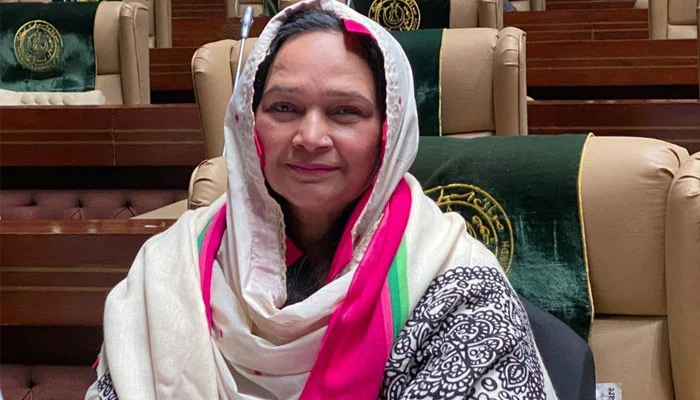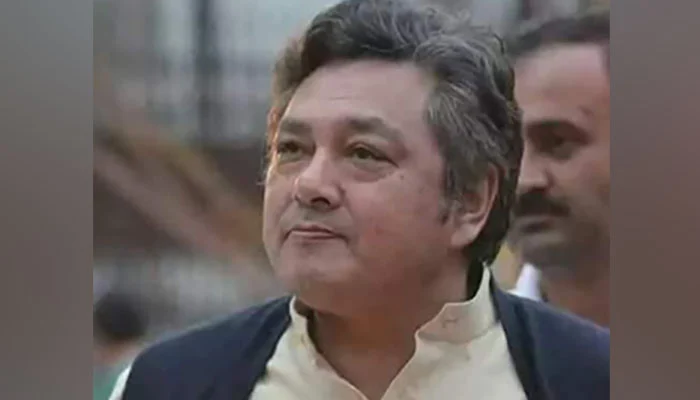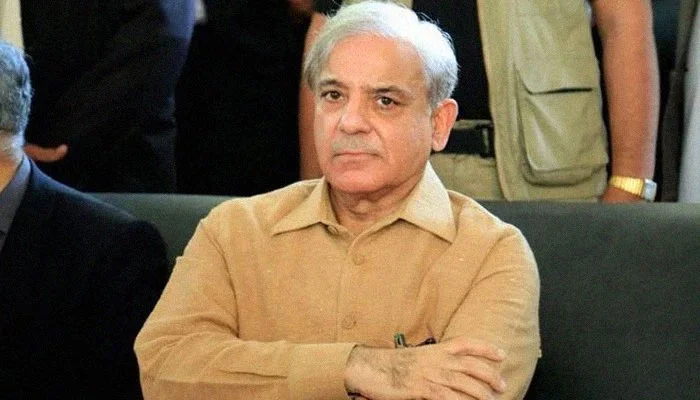Opposition Leader in the Sindh Assembly, Rana Ansar, emphasized that in the event of a deadlock over selecting a caretaker chief minister, the issue would follow a procedural path. According to him, if consensus cannot be reached regarding the appointment, the matter will be escalated first to the parliamentary committee, and subsequently, if necessary, to the Election Commission.
In a candid discussion with Geo News, Rana Ansar shed light on the initial steps taken in the process. A pivotal meeting was convened with the Chief Minister of Sindh to deliberate on the crucial matter of establishing a caretaker setup in the region. During this interaction, an interesting turn of events occurred. Rana Ansar conveyed that neither he nor the Sindh Chief Minister had proposed any particular name for consideration.
This unfolding situation underscores the complexity of selecting a caretaker chief minister, a role that plays a vital role in ensuring smooth governance during the transitional period before elections. Rana Ansar’s statement signifies a commitment to follow a systematic approach to navigate through potential disagreements and roadblocks in the decision-making process.
The proposal to involve a parliamentary committee in case of a deadlock reflects a prudent course of action. Parliamentary committees often serve as platforms for cross-party discussions and negotiations. By referring the matter to such a committee, the stakeholders aim to harness collective wisdom and expertise in order to arrive at an agreeable consensus. This step reinforces the democratic ethos of the decision-making process, ensuring that a diverse range of opinions is considered.
However, should the parliamentary committee fail to yield a resolution acceptable to all parties involved, the escalation to the Election Commission introduces an external and impartial adjudicator. The Election Commission’s role in overseeing fair elections gives it a unique vantage point to adjudicate in such matters. Their involvement would not only uphold transparency but also reinforce the integrity of the process.
Rana Ansar’s account of the initial meeting with the Sindh Chief Minister highlights a mutual restraint in putting forth names for the caretaker chief minister role. This measured approach underlines a commitment to avoiding undue influence and political maneuvering in the selection process. By refraining from suggesting names at this stage, both parties demonstrate an earnest desire to pursue a fair and balanced outcome.
In the broader context, the careful consideration given to the appointment of a caretaker chief minister mirrors the importance of maintaining stability and continuity in governance, especially during the transitional phase leading up to elections. This process is integral to upholding democratic values and ensuring a level playing field for all political participants.



